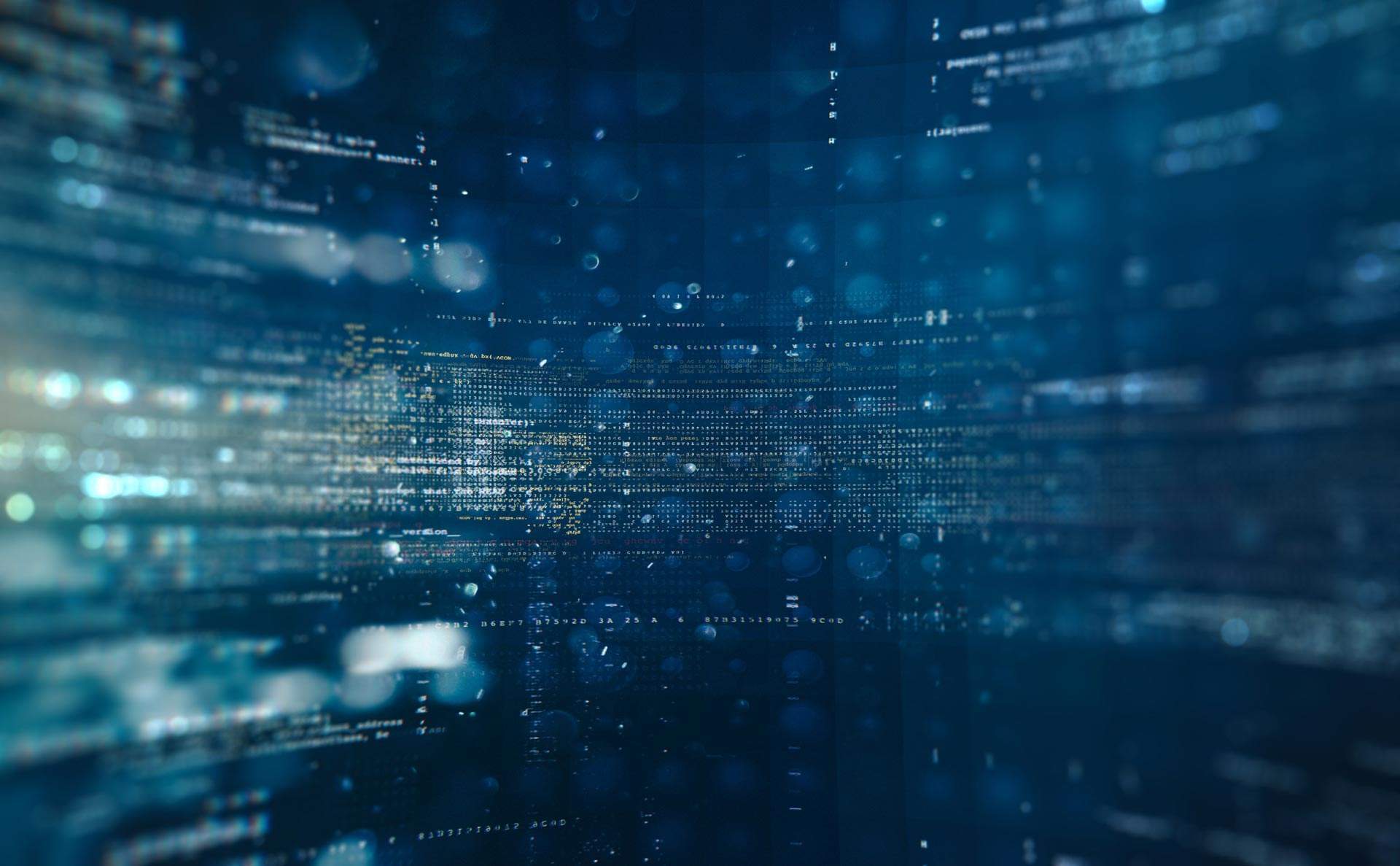
The ever-increasing escalation in state-sponsored cyberattacks will force the United Nations (UN) to introduce a cybersecurity treaty in 2019, according to researchers at WatchGuard Technologies’ Threat Lab.
While companies have been hard-hit by cybersecurity incidents and breaches in 2018, state-sponsored cyberattacks have been a rising issue.
There have been concerns that Iran will enact a new round of cyberattacks in response to US sanctions, election hacking fears are on the rise and Russia has been accused of a host of attacks on multiple nations.
UN to introduce cybersecurity treaty?
While in regular conflict there are set rules of engagement with clearly defined consequences for given actions, in cyber warfare no such rules exist, meaning that state-sponsored attacks are slowly escalating, with no clear sense of outcome.
This escalating state of affairs has led WatchGuard Technologies’ Threat Lab to make the prediction of a UN treaty in the company’s 2019 Security Predictions report.
“The growing number of commercial, government and civilian victims will cause the UN to more aggressively pursue a cybersecurity treaty that establishes rules of engagement and impactful consequences around nation-state cyber campaigns,” said Corey Nachreiner, CTO at WatchGuard Technologies.

US Tariffs are shifting - will you react or anticipate?
Don’t let policy changes catch you off guard. Stay proactive with real-time data and expert analysis.
By GlobalData“They have talked and argued about this topic in the past, but we believe that the most recent incidents – as well as new ones sure to surface in 2019 – will finally force the UN to come to some consensus.”
Nachreiner also cited the recent Supermicro supply-chain attack, which saw the People’s Liberation Army, the Chinese armed forces, accused of sneaking backdoors into servers across the globe.
“Although many dispute this version of the story, these alleged attacks have cost billions in damages and put supply chains responsible for 90% of computing devices at risk,” he said.
“This shows that cyberattacks often cause enormous economic damage outside of their intended targets.”







